Ivy Tech’s dual credit program is free to high school students.
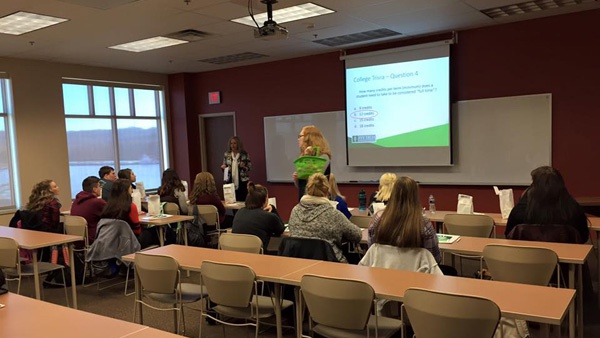
Rising Sun High School students attend a dual credit course at Ivy Tech Community College in Lawrenceburg in 2016. File photo.
(Undated) - More Indiana students than ever are earning college credit before they even graduate high school.
Ivy Tech Community College says enrollment in its dual credit programs has grown by 64 percent since 2012. During the 2018-2018 school year, 61,472 high schoolers statewide earned Ivy Tech dual credit, up 4.2 percent from the previous year.
Local high schools including Batesville, Rising Sun, South Dearborn, South Ripley, and Sunman-Dearborn are among those who partner with Ivy Tech to offer dual credit courses. There are more than 400 participating high schools and career centers in the state – 95 percent of the state’s schools.
“By partnering with high schools and career centers across the state, we are preparing students to move quickly into careers in high-demand fields in Indiana or accelerating a four-year degree, depending on which path they choose,” said Ivy Tech President Sue Ellspermann. “Essentially, we are providing post-secondary education and training to Indiana’s future workforce while they are still in high school. These more than 60,000 students are in a position to graduate college with less debt, in less time, and towards prosperous careers.”
In addition to allowing students to get a head start on college, it can save them and their parents a pretty penny. Ivy Tech says dual credit programs spared families statewide nearly $55 million in college tuition.
“With the ever-increasing cost of college tuition nationwide, the impact of our dual credit program is more significant than ever,” said John Newby, assistant vice president for K-12 Initiatives. “The ability for high school students to earn college credits free of cost helps families attain a more affordable college education, without adding to student loan debt.”
Credits earned in high school can be applied toward an associate degree at Ivy Tech or transferred to a four-year institution to pursue a bachelor’s degree.
For students going straight into the workforce after high school, the community college also offers many short-term credentials in high wage, high demand careers for which dual credit courses may apply.

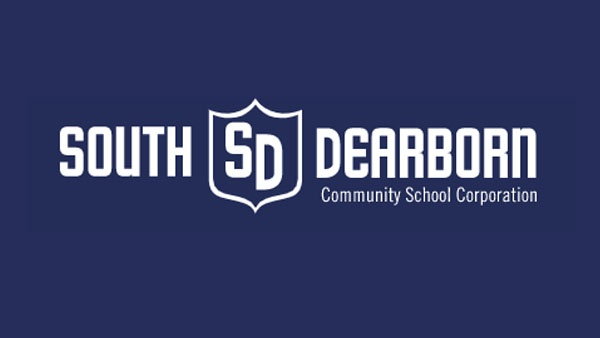 Superintendent Writes Letter Regarding Manchester Elementary School Closing
Superintendent Writes Letter Regarding Manchester Elementary School Closing
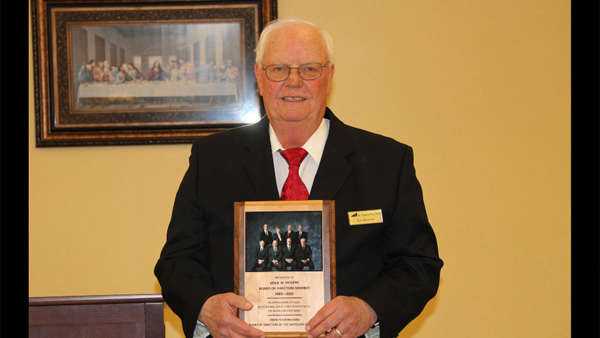 Napoleon State Bank Announces Retirement of Former President, Board Member
Napoleon State Bank Announces Retirement of Former President, Board Member
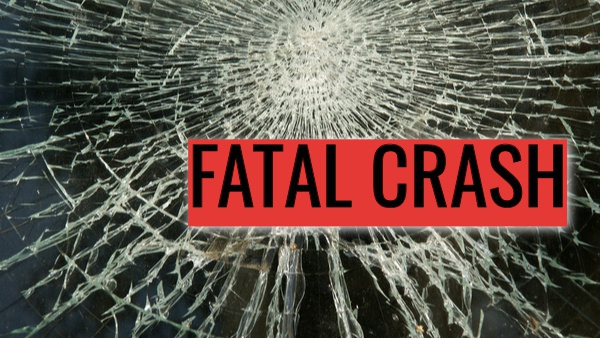 Indy Woman Identified as Victim of Fatal Crash on State Road 56
Indy Woman Identified as Victim of Fatal Crash on State Road 56
 New Patient Care Manager Named at Our Hospice of Jennings County
New Patient Care Manager Named at Our Hospice of Jennings County
 Arrest Made in Green Township Road Rage Incident
Arrest Made in Green Township Road Rage Incident
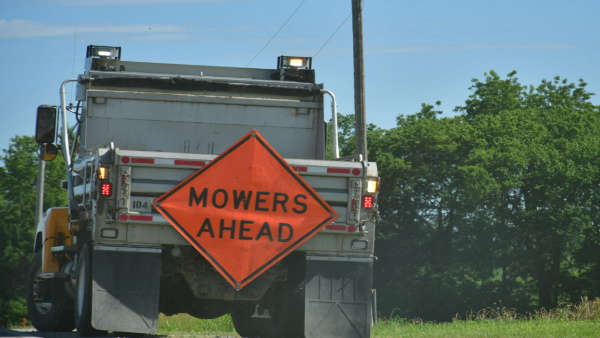 Ripley Co. Highway Dept. Urges Motorists to Watch Out for Mowing Crews
Ripley Co. Highway Dept. Urges Motorists to Watch Out for Mowing Crews










